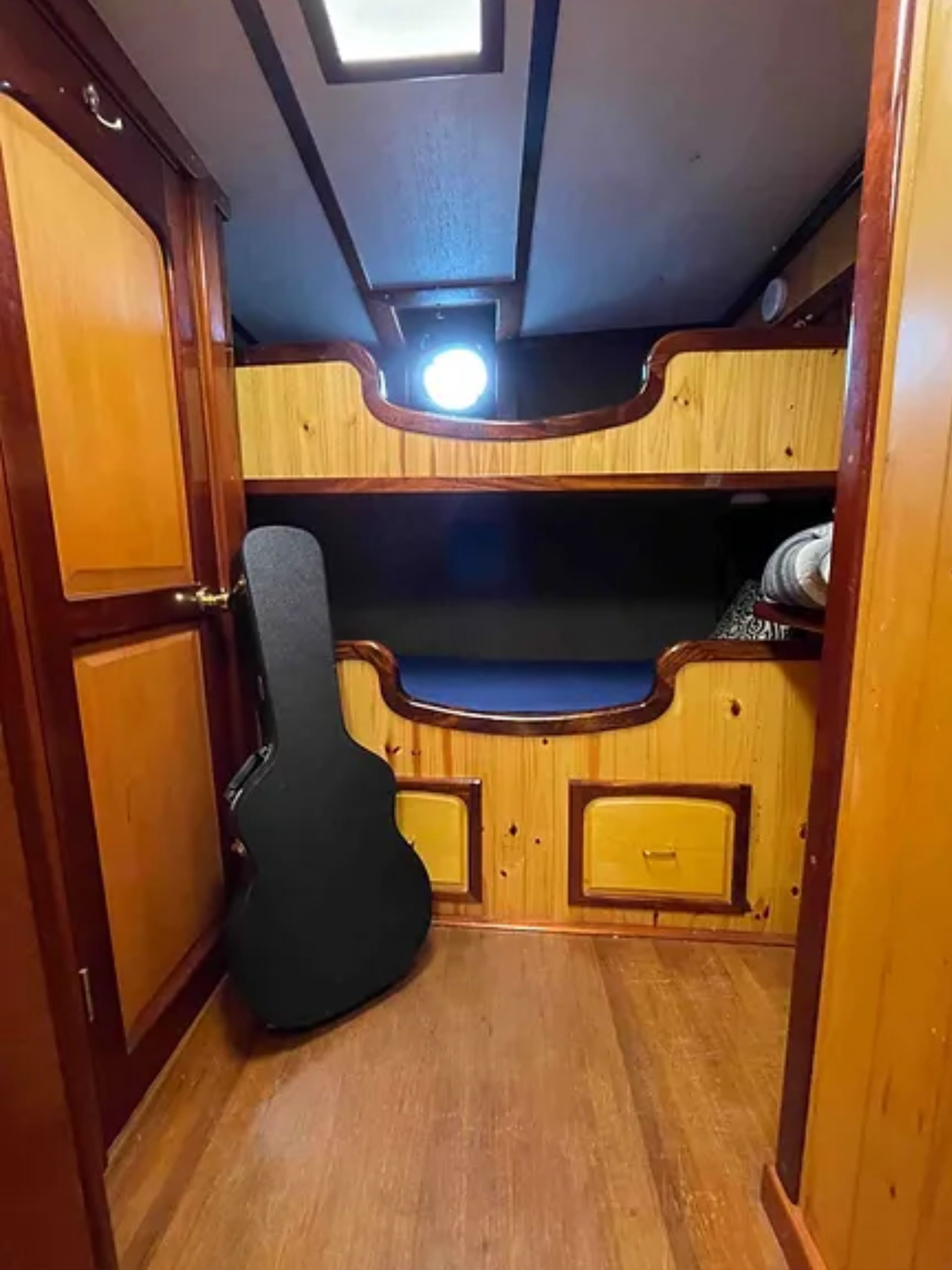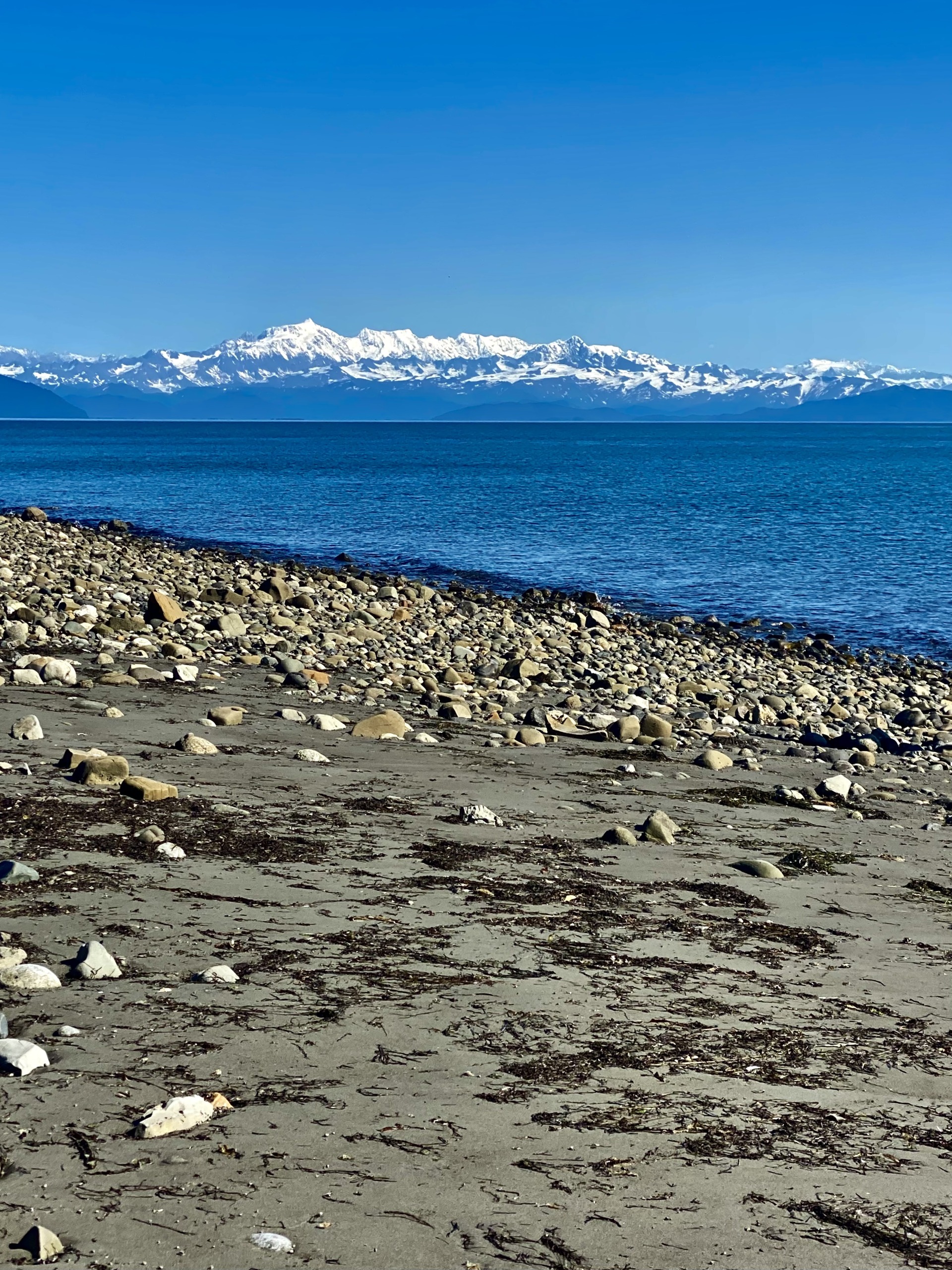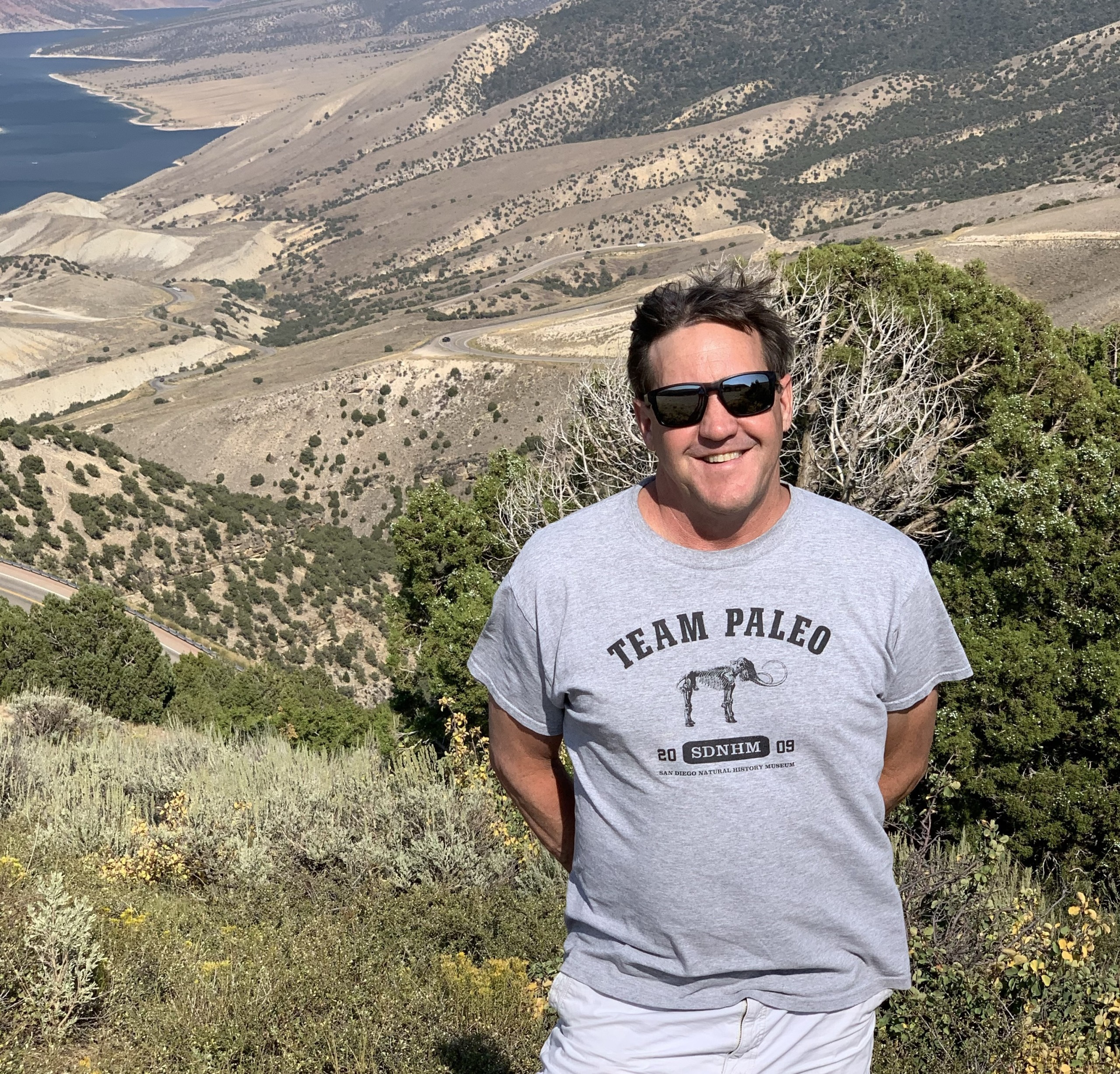Project Description
Overview
Alaska’s climate has varied over the millennia from tropical to arctic, creating habitats for a variety of land and sea life. Alaska has a rich fossil record of terrestrial and marine organisms spanning from the Precambrian to the Pleistocene, though little is known about the fossil record in the areas we will visit. This is geologically complex region, having been episodically inundated with shallow seas, subject to volcanic eruptions and the accretion of oceanic and continental tectonic plates, and witnessing everything from ice ages to tropical climates throughout its long history. We will prospect and explore rocks of the Paleocene and Eocene Orca Group, the Eocene Tokun and Stillwater formations, the Oligocene and Miocene Redwood and Poul Creek formations, and the Oligocene Kulthieth Formation to provide baseline data for future research.
This program will explore the geology and paleontology of the Lost Coast of Alaska to identify and prospect areas suitable for fossil preservation and future research. This is a unique opportunity to participate in baseline survey of a remote area in a geologically compelling part of the world. You will learn how to identify likely fossil locations using maps, previous data and geological clues, as well as techniques for collecting, preserving and documenting fossils. The documentation we produce will contribute to future research into the paleontology of the area.
This program includes a week of online coursework and preparation with Dr Murphey and two weeks of field exploration and research onboard a research vessel in Alaska. We will depart from Cordova on Prince William Sound, and then head south, stopping at Wingham Island with its trove of concretions; historic Kayak Island; Icy Bay with its many glaciers; Malaspina Glacier (the largest piedmont glacier in the world), Yakutat, Lituya Bay, and finally Glacier Bay. The expedition will travel on board the Endeavour, a 72-foot US Coast Guard-designated research vessel with a professional captain and crew.
Note that this program is limited to 6 students and will take place on board a research vessel, with tight quarters. Students and staff will share space on the ship and students will all share one bunk room for sleeping.
| Course Details | |
|---|---|
| Course Dates | August 26-30 online September 2-13 onsite |
| Course Type | Paleontology, Geology |
| Instructors | Dr. Paul Murphey |
| Credits* | 6 semester (9 quarter) |
| Priority Deadline | June 15 |
| Fees Due By | July 15 |
| Program Fees | |
|---|---|
| Tuition | $4,800 |
| Transcript Fee* | $300 |
| Health & Evacuation Insurance | NA |
| Room & Board | $1,200 |
| TOTAL: | $6,300 |
*This program may accept students past the deadline. Email admissions@ifrglobal.org for more information.
Instructors
The directors welcome emails and inquiries about the research elements of this project. More general information (tuition, health insurance, and payment schedule) can be found under the ‘Students’ tab above. Any further questions may be addressed to IFR staff. Additional details about research, course schedule, travel, accommodation, and safety can be found on the syllabus. Contacting the directors or the IFR office is encouraged and appreciated. It may help you determine if this field school is a good fit for you.
Payment & Student Fees
Application Fee: There is a $45 fee to submit an online application.
Deposit Payment: A nonrefundable $500 deposit is due within 3 weeks of program acceptance in order to secure your place. The remainder of your program fees are due by the deadline indicated under “Course Details”.
*Transcript Fee & Academic Credit Opt Out: If you wish to participate in an IFR field school without earning academic credits, you will not be charged a transcript fee.
For more information about payment, fees, and policies, please see details under our Payment & Finances and Withdrawal and Cancellation Policy pages.
Accommodations
Everyone lives aboard the Endeavor during the field research component of the program. The ship is 72 feet long with three bunk rooms and two heads, both with showers. Given the limited water the ship can carry, students will not be able to shower every day and will be able to do one load of laundry during the expedition. Students will all share one bunk room, accommodating 6. Each student will have a drawer and space around their bed for storage, but space is limited on the ship and students are strongly encouraged to pack lightly.
There is a salon and galley for food preparation, and an open-air deck for observing, relaxing and group discussions. There is a small dog who shares the ship with us. You can learn more about the ship at: https://www.alaskaendeavour.org/ship


Travel Info
Natural disasters, political changes, weather conditions and various other factors may force the cancellation or alteration of a field school. IFR recommends students only purchase airline tickets that are fully refundable and consider travel insurance in case a program or travel plans must change for any reason.
General information for this program is below, but keep in mind we will discuss any updated travel information and regulations during the required program orientation, which could affect travel plans.
This program begins and ends in different cities. Students should fly into Cordova, Alaska, by 3 PM on Sept 2. Students will be met at the airport and brought to the research vessel Endeavour. Students will spend the next 11 days onboard the ship, transferring to shore boats to explore the coast. Students should plan to fly out of Juneau, Alaska, departing no earlier than 12pm on Sept 13.
If you missed your connection or your flight is delayed, please call, text or email the field school director immediately. A local emergency mobile phone number will be provided to all enrolled students.
VISA REQUIREMENTS
Students not from the USA are asked to check the embassy website page at their home country for specific visa requirements
Student Safety
The IFR primary concern is with education. Traveling and conducting field research involve risk. Students interested in participating in IFR programs must weigh whether the potential risk is worth the value of education provided. While risk is inherent in everything we do, we do not take risk lightly. The IFR engages in intensive review of each field school location prior to approval. Once a program is accepted, the IFR reviews each program annually to make sure it complies with all our standards and policies, including student safety.
Students attending IFR international programs are covered by a comprehensive Health Insurance policy that includes physical illness or injury, mental or chronic conditions. No deductible and 100% of costs are covered up to $250,000. In addition, we provide Political and Natural Disaster Evacuation policy, which allow us to remove students from field school location if local conditions change. Our field school directors are scholars that know field school locations and cultures well and are plugged in into local communities and state institution structures.
Students attending IFR domestic programs (within the US) must have their own health insurance and provide proof upon enrollment. IFR field school directors are familiar with local authorities and if in need of evacuation, local emergency services and/or law enforcement will be notified and activated.
The IFR has strong, explicit and robust policy towards discrimination and harassment in the field. If students feel they cannot discuss personal safety issues with field school staff, the IFR operates an emergency hotline where students may contact IFR personnel directly.
Call (877-839-4374) or email (info@ifrglobal.org) if you have questions about the safety of any particular program.













